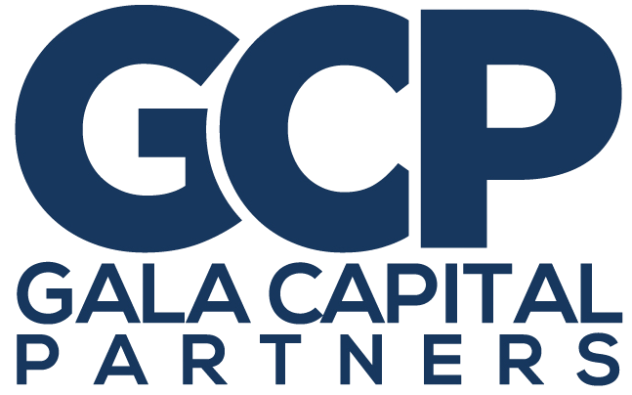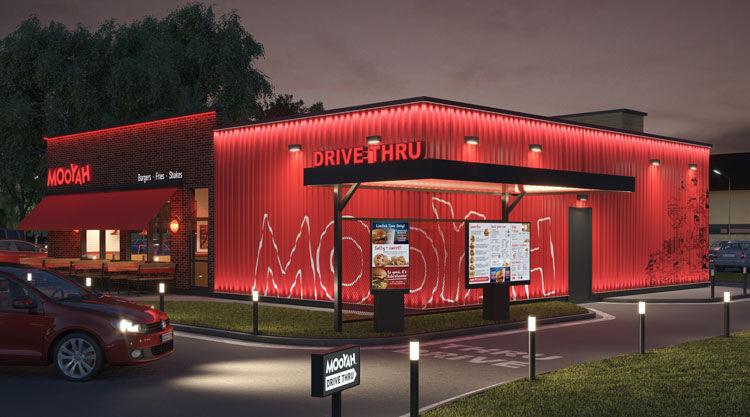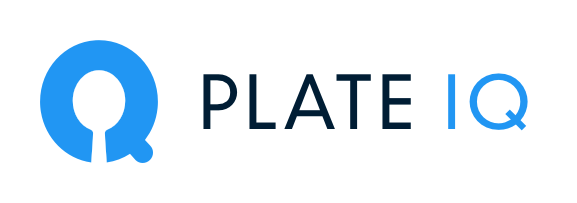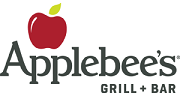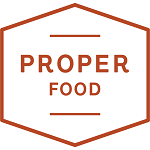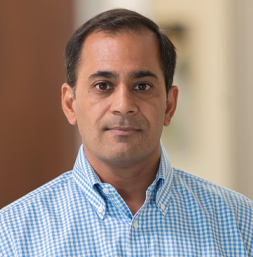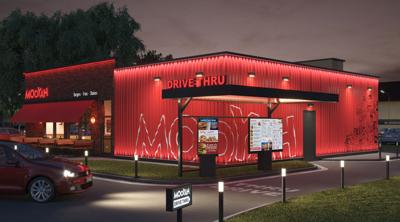
The siren song of the drive-thru continues to catch the ear of the restaurant industry. Mooyah Burgers, Fries & Shakes is the latest concept to unveil a new drive-thru prototype as the company growth vehicle and better serve convenience-seeking customers.
As is well understood now, the drive-thru was the favorite channel during the COVID-19 pandemic. But 2020 only accelerated a push toward frictionless foodservice, as Mooyah President Tony Darden saw.
“Drive-thru, for us, that was probably a 2022 or beyond project initially for us. But you saw how the QSR segment performed during the pandemic and you’re certainly set up when things like that happen when you have the drive-thru,” said Darden.
He said the consumer desire for convenience and the concept’s desire to grow dovetailed perfectly, accelerating the push for a new drive-thru prototype. It was also something Darden’s target owner was asking for.
“For us, the overarching goal is, at least for the next four years, is we want to double the size of the chain. We want to partner with great franchise owners who are well capitalized and want to grow aggressively. The first part of that is we wanted to have that option available,” said Darden.
He said the path from about 80 locations to about 160 would ideally include those operators who won’t balk at either the competition for an endcap with space for a drive-thru or the additional cost, though the cost-benefit makes a lot of sense. He said Mooyah’s high quality, cooked-to-order food and a big push for speed of service would add up to a 15 to 20 percent incremental sales bump.
The latest franchise disclosure document lists the company average unit volume at about $868,000, implying a $130,000 to $170,000 sales bump from the drive-thru. Darden said additional costs only add about $40,000 to $60,000 to the start-up investment. The current cost range outlined in Mooyah’s FDD is about $550,000 to $715,000.
The additional costs go toward all the typical drive-thru technology: headsets, alerting equipment, menu boards and timers. That was the easy part. Not so easy was slashing ticket times, which required new visibility.
“For us, the existing equipment we had works in drive-thru. The configuration changes, but our grill size is large enough handle the capacity, our fryer capacity is already there in terms of cooking technology,” said Darden. “The biggest thing for us was implementing a KDS” or kitchen display system. “That’s not new technology, but for us it’s new. Implementing that has really allowed us to push throughput.”
The technology dramatically changed how customers were served. Instead of calling out an order diner style, the order just flows to the kitchen. It also allowed Mooyah to get crucial visibility into the ticket times it didn’t have before.
“When we started to monitor speed of service with hard data, we were able to shave off two to three minutes. Part of that is KDS. The other is whatever you shine the flashlight on will get done,” said Darden.
Ticket times fell from six to nine minutes to between four and six minutes. The goal, he said, was to reach a seven-minute time from customers lining up to getting their food and less than a minute at the window.
Darden said he expects the first drive-thru to open this year and it will be a “moderate” growth channel for the concept for the next few years as he hopefully catches the eye of QSR operators looking to expand as aggressively as he is.
“That’s what is most exciting, we’re bringing in folks that have QSR experience. They’re obviously seeking out the drive-thru,” said Darden. “This option has put us in the ballpark for folks that hadn’t considered Mooyah in the past.”
